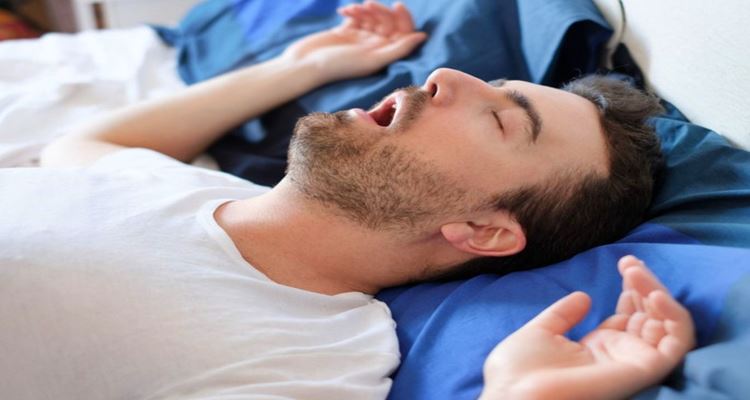OBSTRUCTIVE SLEEP APNEA – One type of sleep apnea is called obstructive sleep apnea and here are some things you should know about this.
The most common type of sleep apnea is obstructive sleep apnea where one noticeable sign of this is snoring. This happens when your airway is blocked by something. However, not everyone who snores has this.
Sleep Apnea – What Are The Two Different Types?
These are the two types of sleep apnea and other details about this sleeping disorder.
SLEEP APNEA – Here are the two main types of sleep apnea, a dangerous sleeping disorder characterized by stopped breathing while asleep.
According to the definition given by the National Heart, Lung, and Blood Institute, sleep apnea is a “common condition in which your breathing stops and restarts many times while you sleep”. If someone tells you that you snore or gasp during sleep or suffering from symptoms like poor quality of sleep, you would need to see your doctor right away.

This sleeping condition is diagnosed by doing a sleep study. A device called continuous positive air pressure (CPAP) machines and lifestyle changes are things considered to treat this. Since this disorder will mainly affect your sleep quality, this might lead to some troubles and struggles in your behavior and decision-making.
This is also linked to a lot of serious health conditions.
It has two types and they are the following:
- Obstructive
This is the most common type and this happens when a part or all of your upper airway is blocked by something while sleeping. This results in your diaphragm and chest muscles working harder in order to open your airway.
This can like happen if you are male, older, smoking, have diabetes, high blood pressure, overweight, obese, have a thick neck, have a large tongue, and others.
Warning signs include daytime sleepiness, dry mouth when you wake up, morning headaches, forgetfulness, depression, night sweats, snoring, waking up often in the middle of the night to pee, and suddenly waking up gasping for air or choking.
- Central
This happens when the body stops breathing because the brain doesn’t make the muscles take air in. This type is usually not characterized by snoring. Among the warning signs is exhaustion during the day, waking up often at night, headaches during the mornings, struggle to concentrate, and problems in memory and mood.
If you are a male, you are at a higher risk of this. Conditions like congestive heart failure, hypothyroid disease, kidney failure, neurological diseases, encephalitis, stroke, and injury are linked to this type according to a post from WebMD.
READ ALSO:
What can you say about this? Let us know!

